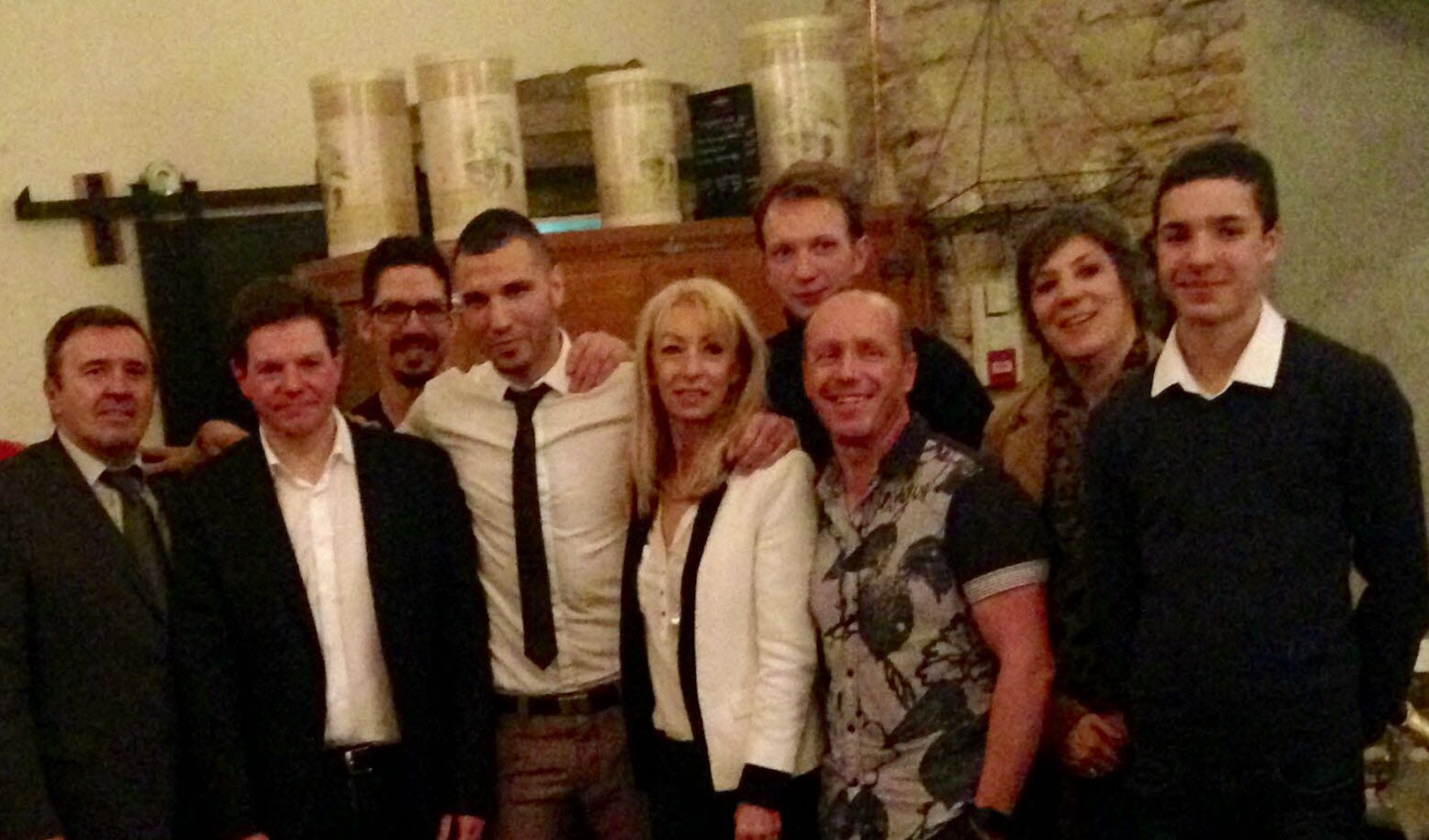The Kilmar Abrego Garcia Case: Examining The Complexities Of Asylum And US Politics

Table of Contents
H2: The Asylum Claim: Grounds and Evidence
At the heart of the Kilmar Abrego Garcia case lies the asylum claim itself. Mr./Ms. Abrego Garcia (the gender will be determined by the actual case details - if such details are unavailable, using "Mr./Ms." is prudent) sought asylum based on claims of [Specify the type of persecution claimed, e.g., political persecution, fear of gang violence, or gender-based violence]. This claim was supported by evidence presented to immigration authorities, aiming to demonstrate a well-founded fear of persecution should they return to their home country.
- Specific examples of persecution or threats: [Provide specific, factual examples based on the case details. This might include instances of threats, violence, or discrimination faced by Abrego Garcia. Be mindful of protecting the individual's identity while illustrating the severity of the situation.]
- Documentation submitted: [List the types of documentation submitted as evidence. Examples include witness statements, medical records detailing injuries sustained due to persecution, police reports documenting instances of violence or threats, and any other relevant documents.]
- Challenges in obtaining and presenting credible evidence: Gathering credible evidence often poses a significant hurdle for asylum seekers. Challenges in the Abrego Garcia case may have included [mention potential challenges such as difficulty accessing official documentation in their home country, fear of reprisal for cooperating with authorities, or language barriers]. The credibility of the evidence presented was a crucial factor in the adjudication of the case.
Keywords: Asylum claim, credible fear, evidence, persecution, political asylum, refugee status
H2: The Legal Processes and Procedural Challenges
Navigating the US asylum process is a complex and often lengthy undertaking. The Kilmar Abrego Garcia case likely involved several key stages:
- Initial screening and credible fear interview: This initial step determines whether the applicant has a credible fear of persecution. This interview is crucial, and any deficiencies in the process can have significant consequences for the case.
- Asylum officer interview: A more comprehensive interview, where the applicant provides a detailed account of their experiences and supporting evidence.
- Immigration court hearing: If the asylum officer denies the claim, the case proceeds to immigration court, where an immigration judge hears the case and renders a decision.
- Appeals process: Unsuccessful applicants have the right to appeal the immigration judge's decision to higher courts, potentially extending the legal battle for years.
- Role of immigration lawyers and pro bono assistance: Access to legal representation is critical in asylum cases. Pro bono assistance plays a significant role in ensuring that individuals with limited financial means have access to legal counsel. The availability and effectiveness of legal representation greatly impacted the outcome of the Abrego Garcia case.
Keywords: Immigration court, asylum officer, credible fear interview, due process, legal representation, appeals process
H2: The Political Context: US Immigration Policies and Public Opinion
The Kilmar Abrego Garcia case cannot be understood without considering the broader political context surrounding US immigration policies and public opinion.
- Impact of changing immigration laws: Fluctuations in US immigration law significantly influence the asylum process. Stricter enforcement and policy changes can create substantial hurdles for applicants.
- Public opinion on asylum seekers and immigration: Public perception of asylum seekers and immigration profoundly impacts political discourse and policy decisions. Negative public opinion can create a hostile climate for asylum seekers.
- Influence of political rhetoric on the legal process: The political climate and rhetoric surrounding immigration can indirectly influence the legal process, impacting judicial decisions and the overall treatment of asylum seekers.
- Role of media coverage in shaping public perception: The media's portrayal of asylum seekers and immigration issues significantly shapes public understanding and can fuel either support or opposition for asylum claims.
Keywords: US immigration policy, political climate, public opinion, media coverage, immigration reform, political asylum policy
H3: Case Precedent and Impact on Future Asylum Cases
The outcome of the Kilmar Abrego Garcia case may set a precedent influencing future asylum cases and immigration law.
- Changes in legal interpretation: The case might lead to changes in the legal interpretation of specific asylum laws or procedures.
- Impact on asylum grant rates: The decision could impact the overall asylum grant rates, either increasing or decreasing the likelihood of successful applications in similar cases.
- Implications for policy debates: The case will contribute to ongoing policy debates surrounding US immigration policies and the treatment of asylum seekers.
Keywords: Legal precedent, case law, immigration law, asylum grant rates, policy implications
3. Conclusion:
The Kilmar Abrego Garcia case offers a multifaceted look into the complexities of the US asylum system. It showcases the intricate legal processes, the significant challenges faced by asylum seekers in presenting credible evidence, and the profound impact of the political climate on individual cases. Understanding the nuances of this case is crucial for informed discussion and advocacy for fair and just immigration policies.
Call to Action: Learn more about the Kilmar Abrego Garcia case and its implications for asylum seekers by exploring relevant resources such as official court documents (if publicly available), reputable news articles, and reports from immigration advocacy organizations. Engage in informed discussions on US asylum policies and advocate for a more humane and effective system for processing asylum claims. Understanding the complexities of the Kilmar Abrego Garcia case is crucial for fostering informed debate on immigration policy and improving the lives of vulnerable individuals seeking refuge in the United States.

Featured Posts
-
 Proces Pour Violences Conjugales A Dijon Le Cas Du Boxeur Bilel Latreche
May 10, 2025
Proces Pour Violences Conjugales A Dijon Le Cas Du Boxeur Bilel Latreche
May 10, 2025 -
 Experience Olly Murs Live At A Historic Castle Near Manchester A Huge Music Festival
May 10, 2025
Experience Olly Murs Live At A Historic Castle Near Manchester A Huge Music Festival
May 10, 2025 -
 Kucherov And Lightning Outshine Draisaitl And Oilers In 4 1 Win
May 10, 2025
Kucherov And Lightning Outshine Draisaitl And Oilers In 4 1 Win
May 10, 2025 -
 Is The Attorney Generals Fox News Presence A Distraction From Other Issues
May 10, 2025
Is The Attorney Generals Fox News Presence A Distraction From Other Issues
May 10, 2025 -
 Live Stock Market Updates China Tariffs And Uk Trade Deal Fallout
May 10, 2025
Live Stock Market Updates China Tariffs And Uk Trade Deal Fallout
May 10, 2025
